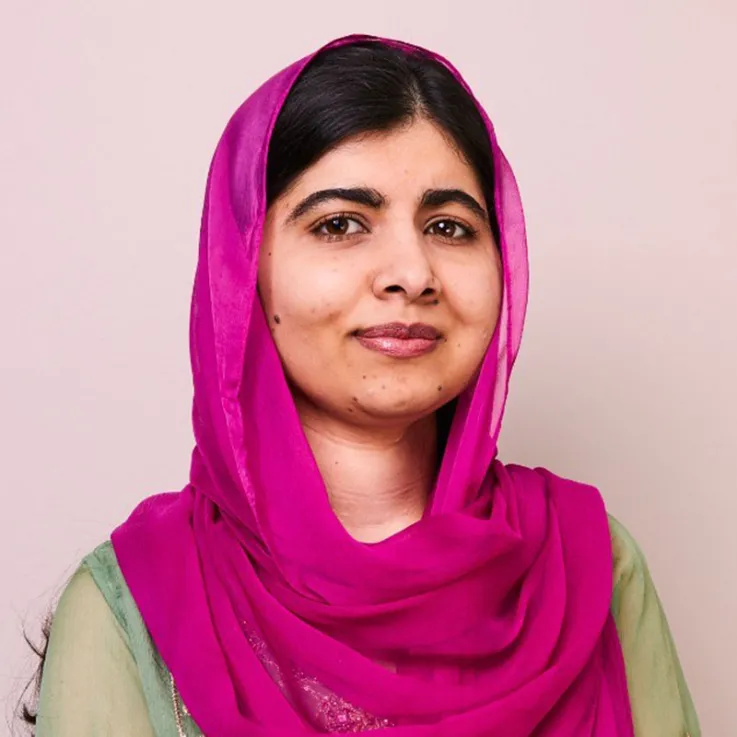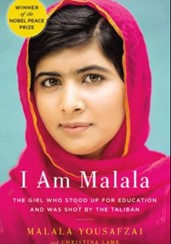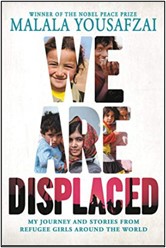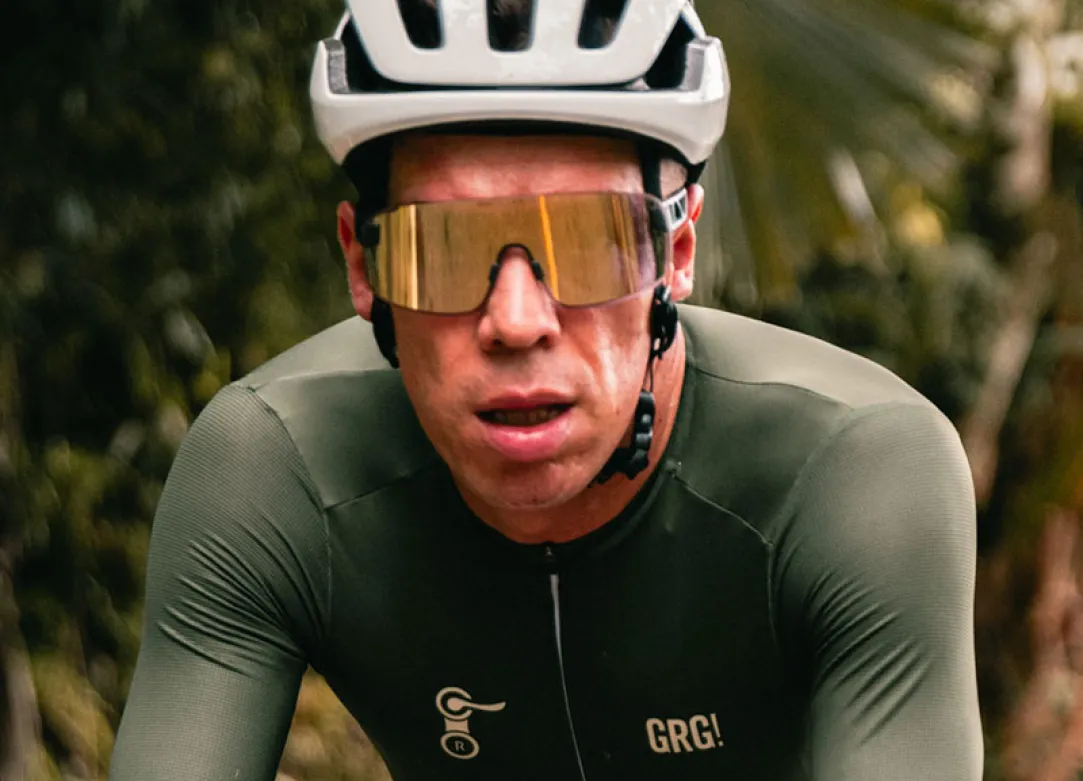If Malala Yousafzai has anything to do with it every girl in the world will have the opportunity to learn and lead. Her immediate focus is providing access to 130 million girls who have been denied the right to education. Through the work of Malala Fund, co-founded with her father, Ziauddin Yousafzai, this seemingly audacious goal is, in Malala’s words, a matter of “ambition and intention.” What to do is then easy.
There are not many young women who have survived an assassination attempt, or become the youngest Nobel Peace Laureate, or opened the largest library in Europe declaring “pens and books are the weapons that will defeat terrorism." Even with these accomplishments, Malala does not consider herself extraordinary. That is “simply Malala,” as she would describe herself.
Inspired by her father’s activism, Malala began her campaign for girls’ education at age 11 with her anonymous blog for the BBC, Diary of a Pakistani Schoolgirl, about life under the Taliban. Malala soon began advocating publicly for girls’ education. She would join her father on his visits to neighboring villages to recruit for the school. While he spoke to the men, she would speak to the women. Their crusade was the subject of a New York Times short documentary in 2009. Independently, Malala began attracting international media attention and awards. Due to her increased prominence, at age 15 she was attacked by the Taliban for speaking out. Malala recovered in the United Kingdom and has continued her fight for girls ever since. In 2013, she founded Malala Fund with her father. A year later, Malala received the Nobel Peace Prize in recognition of her efforts to see every girl complete 12 years of free, safe, quality education. Since then, the UN recognized July 12 as Malala Day in honor of young activists, and she recently completed her undergraduate degree at Oxford University, with a focus on Philosophy, Politics, and Economics.
As a recent Oxford graduate, Malala continues to be a catalyzing force in the fight against the ideologies that prohibit educational opportunities for women, globally. It is not just the educational inequities that Malala stands against, it’s the systemic byproducts of violence against women, poverty, and displacement which threaten both their freedoms and their futures. To eradicate the systemic consequences of educational inequities is to empower girls to become women who also achieve greatness.
Malala is the author of three books, I Am Malala: The Girl Who Stood Up for Education and Was Shot by the Taliban, Malala’s Magic Pencil and We Are Displaced: My Journey and Stories from Refugee Girls Around the World.
In 2021, Malala started a partnership with Apple to create programming for Apple TV+ spanning “dramas, comedies, documentaries, animation, and children’s series, and draw on her ability to inspire people around the world.”







